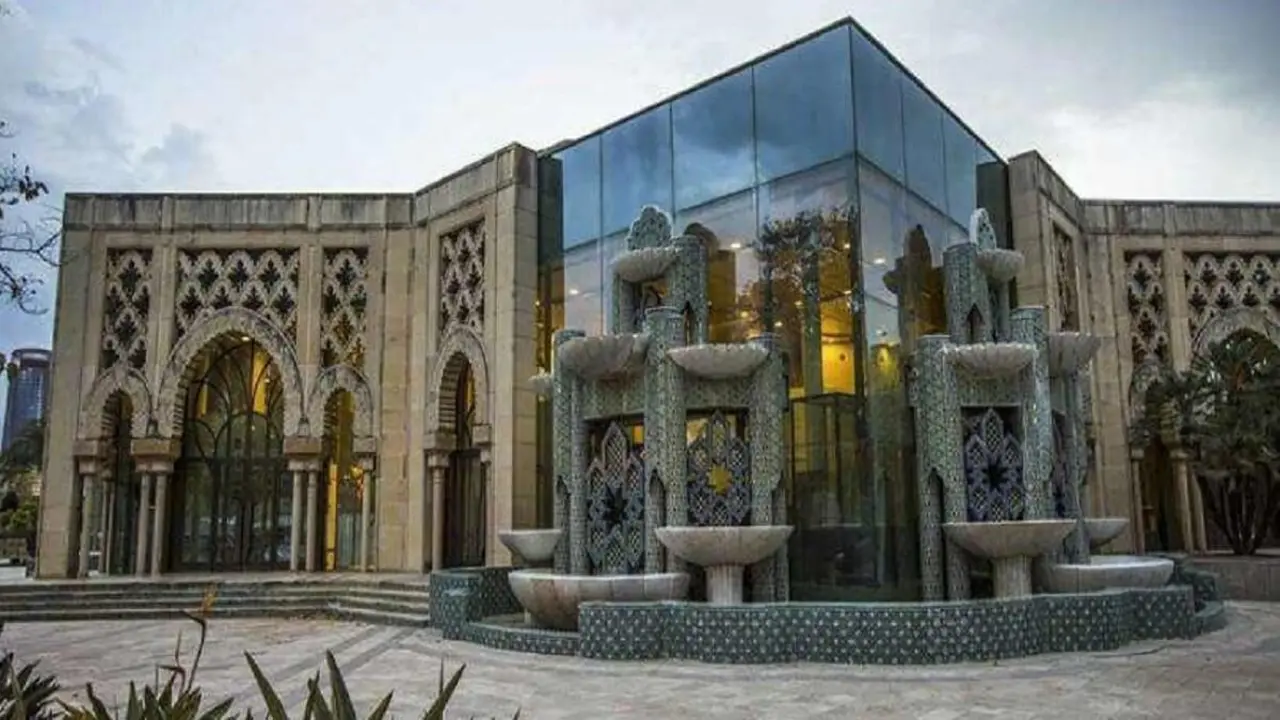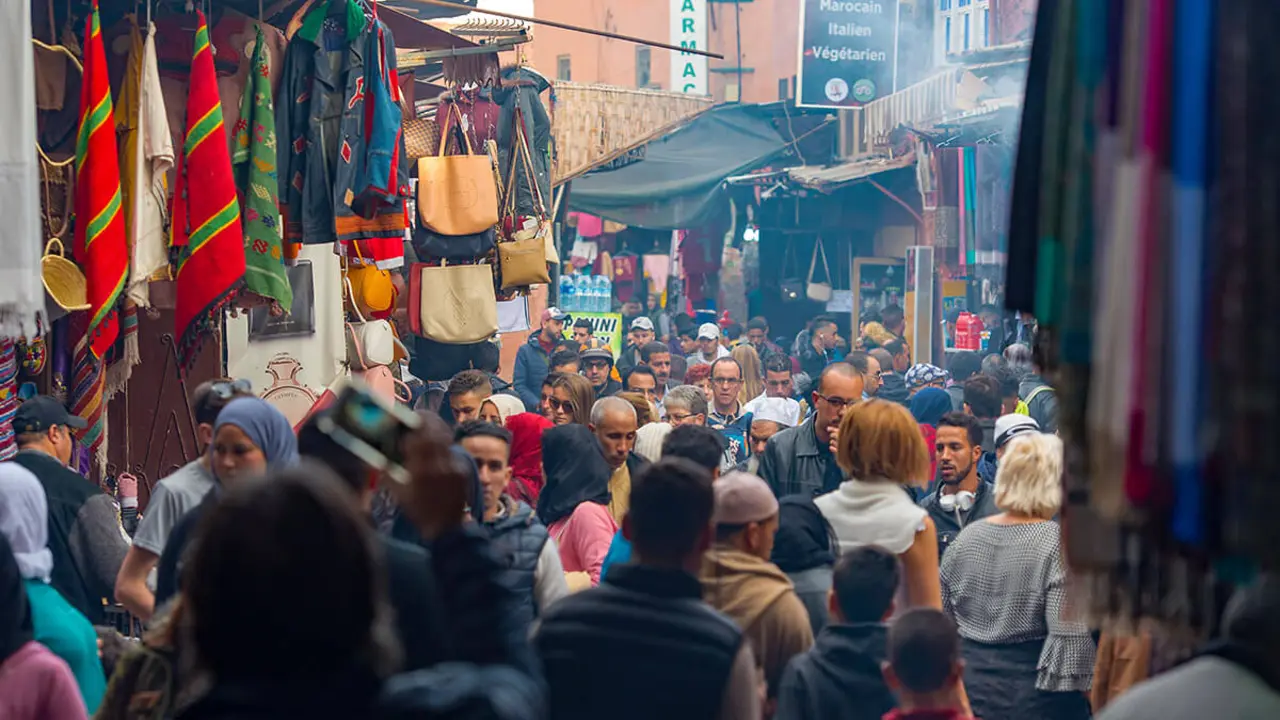Algerian activists condemn the state's passivity in the face of feminicide
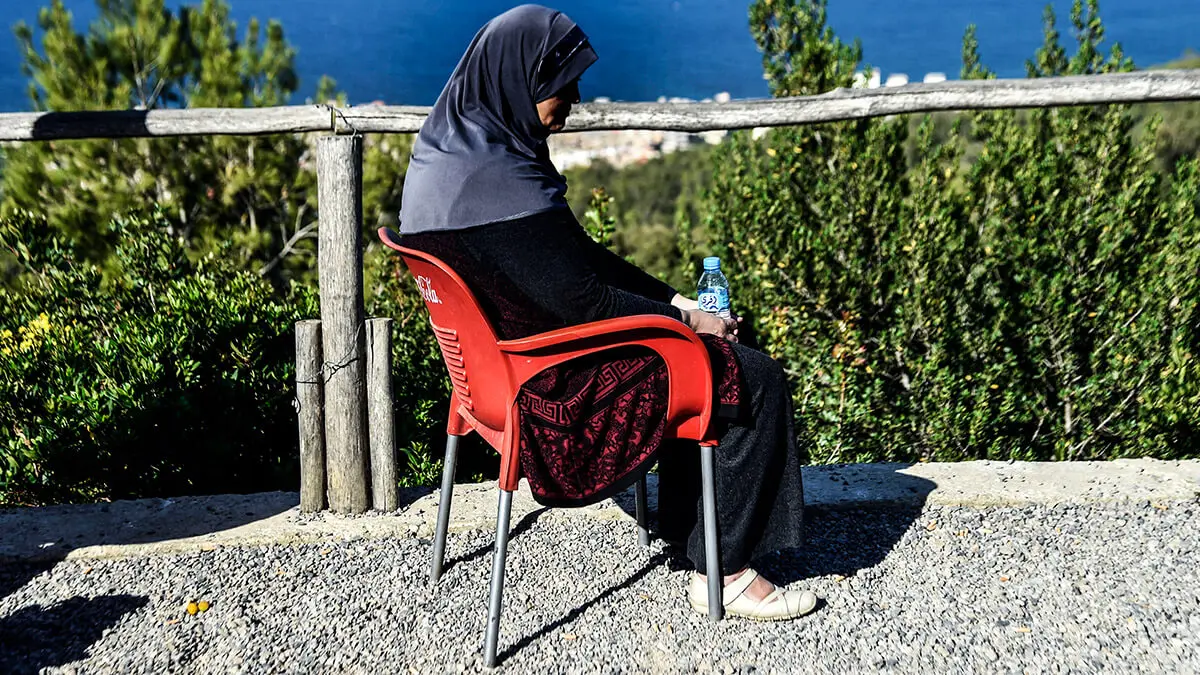
A few months before the end of 2024, feminist organisations in Algeria condemn the high number of feminicides committed this year and the lack of measures taken by the state to tackle this scourge. According to data from the collective Féminicides Algérie based on cases published in the press, 38 feminicides have been committed in Algeria since the beginning of the year. However, the real figure is believed to be higher, as many of these crimes are hidden.
Among the cases that have been made public are those of Nouara, 82, murdered with an iron bar by her grandson; Malak and Imane, two sisters aged 18 and 26, stabbed to death by their father, who had already murdered their mother 15 years earlier; and Malika, 32, beaten to death by her husband.
The association calculates that since 2019 at least 261 women, half of them mothers, have been murdered, which highlights the lack of effectiveness of the measures adopted by the government in this regard. The Family Code was amended in 2005, removing the provision on the wife's ‘duty of obedience’, while a law on domestic violence and street harassment was adopted in 2015.
‘If the laws were properly implemented, the numbers of femicides would stop rising,’ lawyer Feriel Khelil, a member of the Wassila-Avife network, an association that fights violence against women and children, tells Le Monde. ‘The 2015 law on domestic violence should have marked a decisive turning point, but we have not gone beyond the drafting stage,’ she adds.
Experts point out that one of the most dangerous moments for women is when they try to separate from their partners. ‘Most of the women killed recently had filed for divorce,’ Aouicha Bekhti, a lawyer and activist, told the French daily, noting that ’the death threats that follow are warning signs, but they are often ignored’.
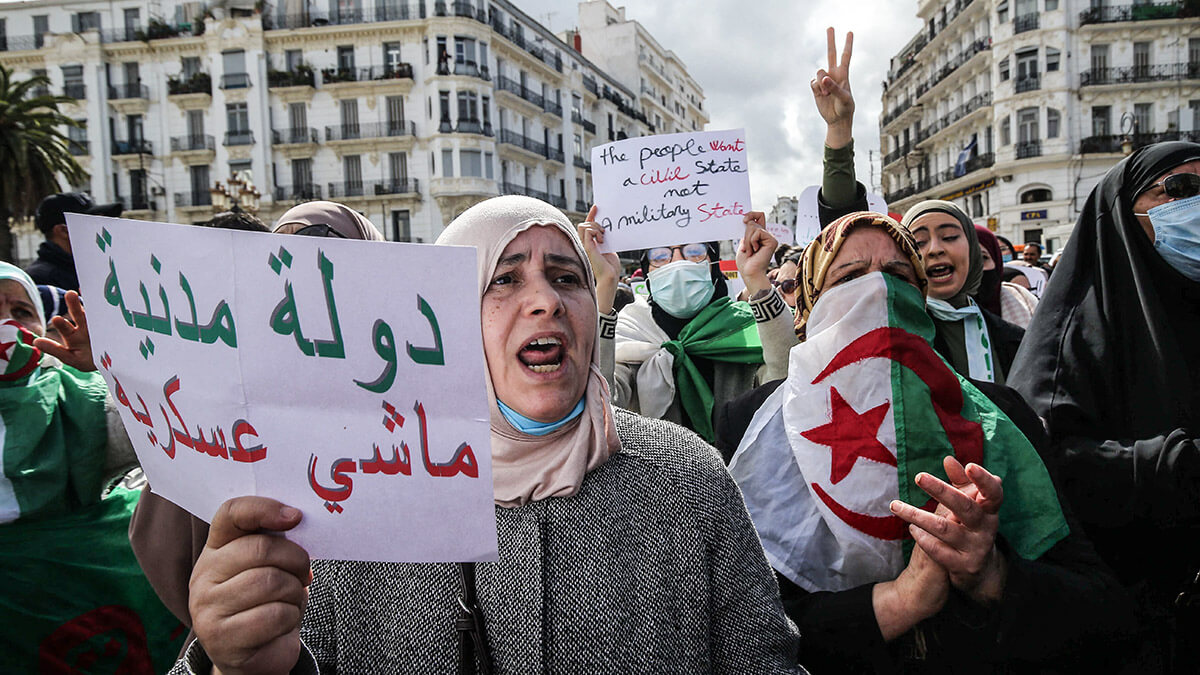
‘Algerian men see the demand for divorce as an unbearable dishonour,’ notes Bekhti, who considers it necessary to adopt a framework law for the protection of women, like the one put in place in August 2017 in Tunisia, where cases of feminicide have decreased.
Another major problem is the lack of adequate restraint and protection measures for women who file complaints against their husbands. As Fériel Khelil told Le Monde, ‘often, security forces and institutions encourage women to return to the marital home even when there is violence’, which ‘leads directly to feminicide’. Khelil therefore calls for immediate protective measures to be put in place to prevent the victim from being returned to a dangerous environment.
Feminist activists also condemn legislative shortcomings, such as the so-called ‘pardon clause’, a provision in the penal code that states that civil action ceases if the woman forgives her aggressor. For Wiame Awres, founder of the collective Féminicides Algérie, this clause ‘favours impunity’.
‘Forgiveness is a moral act and has no place in criminal law’, agrees Bekhti, stressing the need to revise this clause so that aggressors are judged according to their actions, without the possibility of circumventing the law.
Although police and judges often encourage women to forgive their aggressors in order to maintain family unity, ‘the protection of women must take precedence over that of the family institution’, says Khelil.
An additional problem in Algeria is the lack of shelters for women in vulnerable situations. The country has only five shelters for single women, and none for women with children, which often forces them to return to homes where violence persists. As for the police and gendarmes, they lack training in this area and often discourage victims from filing complaints, sending them back to the family environment.
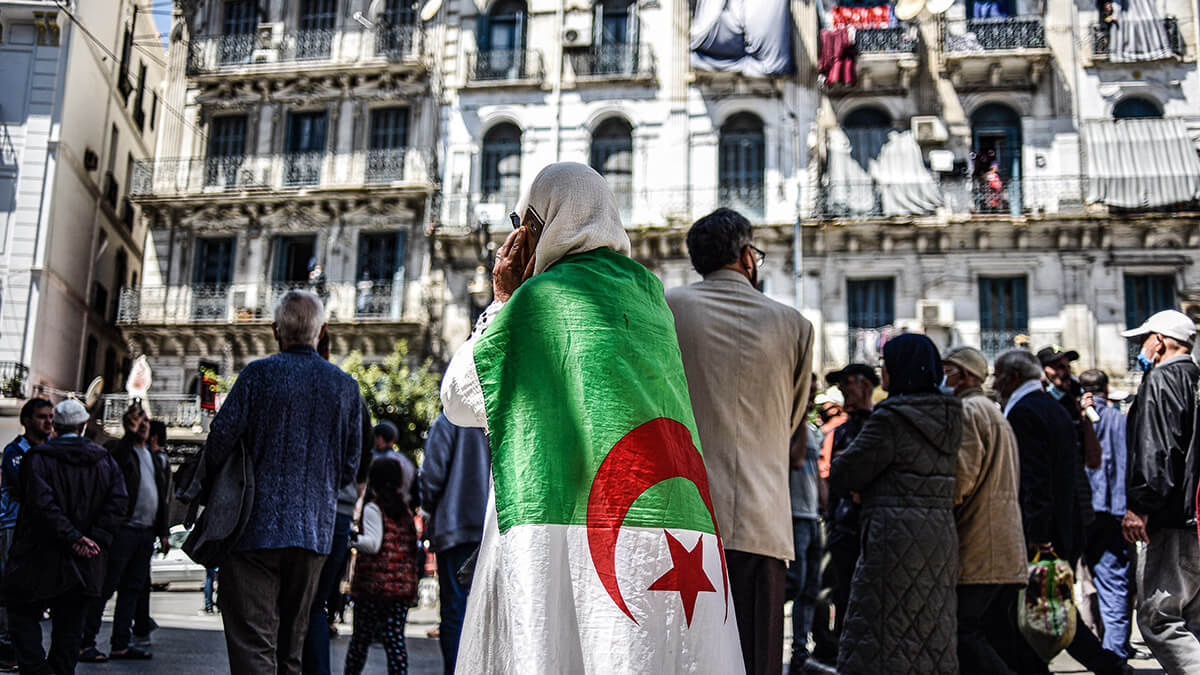
Organisations such as the Wassila-Avife network offer counselling and legal support, but their resources remain insufficient. ‘We have a helpline where women can call and receive support from a psychologist and a lawyer,’ Saadia Gacem, a filmmaker and volunteer with the association, told the Gallic daily.
‘We explain to them that a slap or an insult can be the beginning of a cycle of violence that can end in feminicide. Our role is to inform them of their rights and help them with legal, social and medical procedures. But that will not be enough unless there are far-reaching reforms and the threats to which these women are exposed are properly addressed,’ she concludes.
For feminists, the solution will have to be a transformation of mindsets. This is why Bekhti stresses the importance of gender equality education from an early age. ‘Women must no longer be seen as the property of men,’ she stresses.




